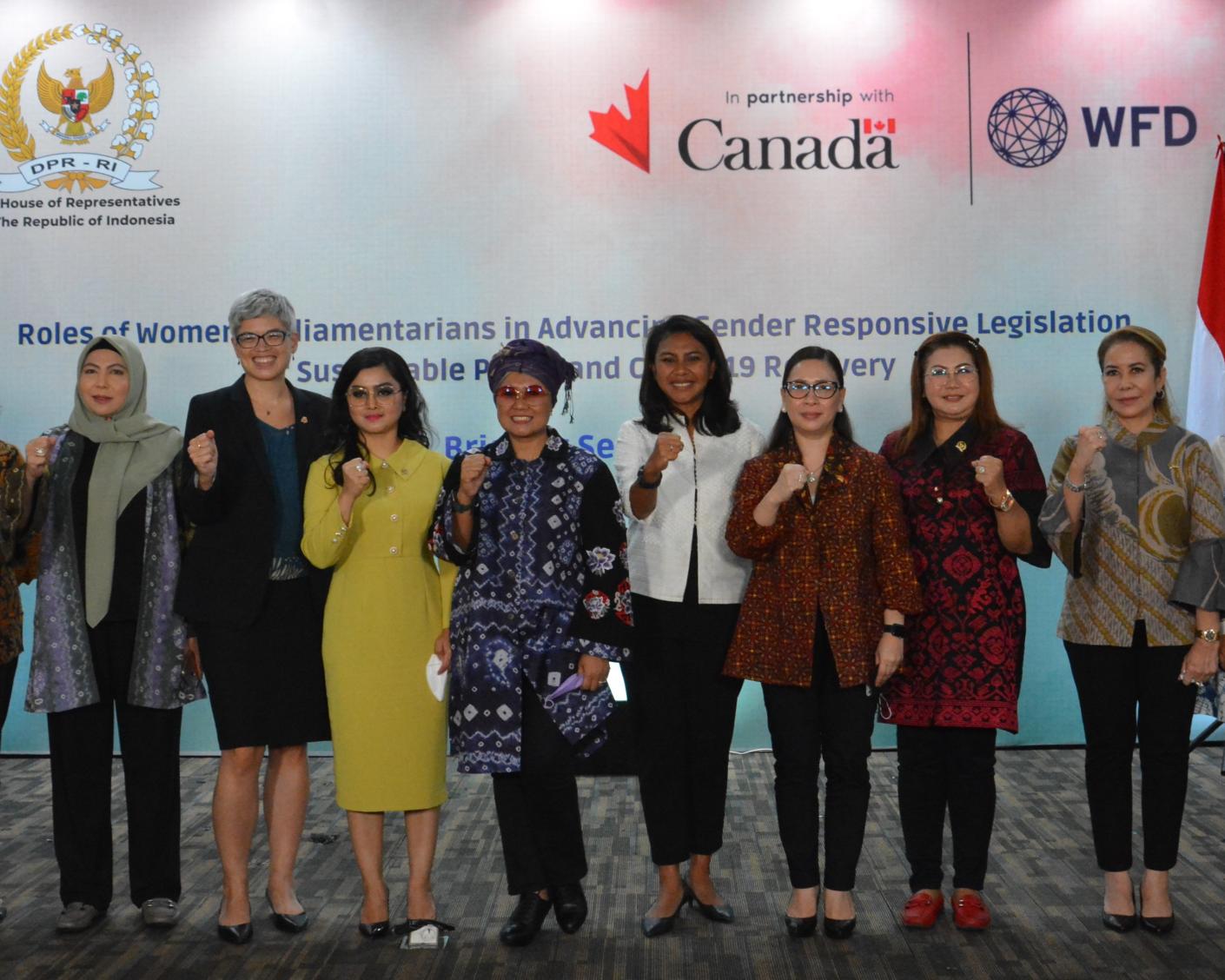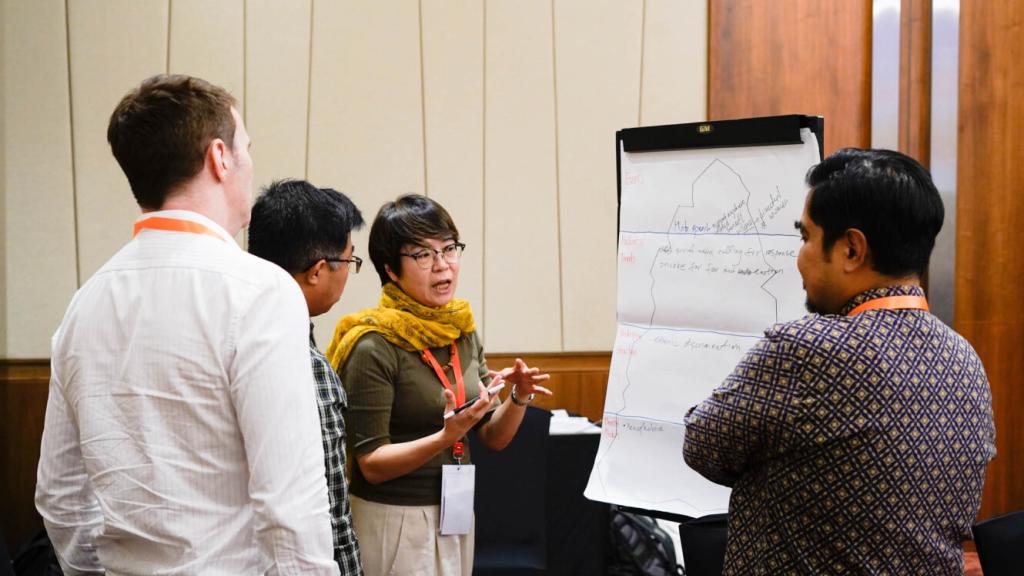The Political Inclusion Fellowship Programme represents a bold endeavour to address the pervasive barriers that hinder the full participation of women and marginalised communities in formal political structures in Indonesia. Through a holistic approach encompassing training, mentorship, and practical experience, the fellowship aims to empower emerging leaders with the skills, knowledge, and networks necessary to effect transformative change within their political environments. By fostering inclusive leadership practices and amplifying underrepresented voices, the programme seeks to challenge entrenched power dynamics and cultivate a more equitable and representative political landscape.
At the heart of the fellowship lies a commitment to promoting gender equality and diversity in politics. By providing comprehensive training on transformative leadership, policy analysis, and advocacy, participants are equipped to navigate complex political systems and enact meaningful policy reforms. Through mentorship from experienced political leaders and opportunities for hands-on project implementation, fellows gain invaluable insights and practical skills that enable them to drive systemic change and champion the interests of women and marginalised communities.
The one-year fellowship serves as a catalyst for building networks and fostering collaboration among political actors committed to advancing social justice and inclusive governance. Through networking events, regional exchanges, and a robust alumni network, participants can connect with like-minded individuals, share best practices, and leverage collective expertise to address common challenges. With a focus on long-term impact and sustainability, the Political Inclusion Fellowship Programme endeavours to create a legacy of positive change in political structures in the country.
Objectives
- To encourage political actors to open more space for women and marginalised groups at strategic leadership levels by creating inclusive political structures.
- To empower transformative leadership by fostering leaders capable of driving meaningful change within formal political institutions.
- To cultivate ownership among members, instilling a sense of responsibility to effect change within their organisation and beyond.
- To create space and open opportunities for fellows to meet, understand, engage, and collaborate with wider communities, fostering inclusive dialogue and partnerships across diverse social, cultural, and political groups.



















